Eureka Street Plus:
There are more than 200 results, only the first 200 are displayed here.
-

AUSTRALIA
- Michael McGirr
- 09 August 2024
6 Comments
As far as religion goes, Plans for Your Good is right out there, with a bible quote for every decision in the life of a prime minister. But Morrison never notices any arguments against the existence of God or explains why he believes. Everything in life confirms what he believes already.
READ MORE 
-
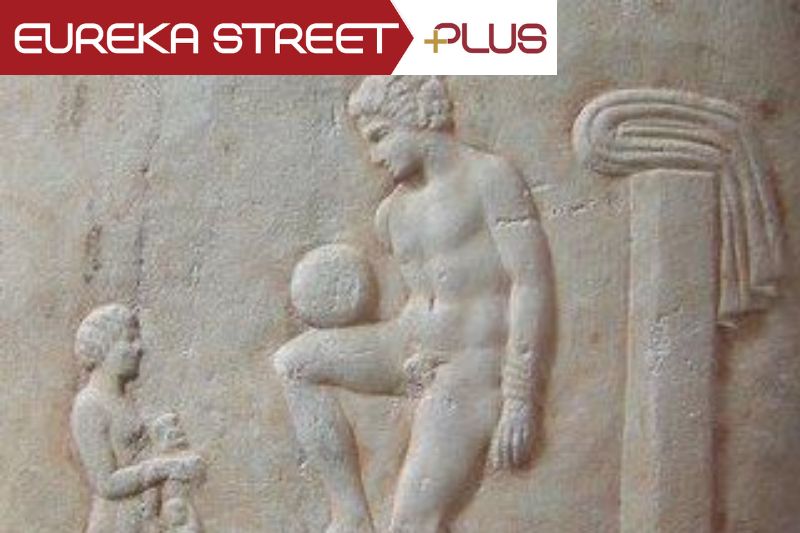
INTERNATIONAL
- Michael McVeigh
- 05 August 2024
1 Comment
Imagine a universe where the arts, rather than sport, gets all the money and attention from the masses. But we'd be mistaken if we it tried to set up art and sport as opposite rather than complementary pursuits.
READ MORE 
-

ARTS AND CULTURE
- Gillian Bouras
- 02 August 2024
Conforming and belonging to a genre, in this case, ‘post-colonial, outback noir eco-fiction’, does not mean that a novel is not worthy. With rich symbolism and lyrical prose, Hills challenges readers to confront uncomfortable truths about Australian history, land ownership, and the inescapable consequences of past actions.
READ MORE 
-
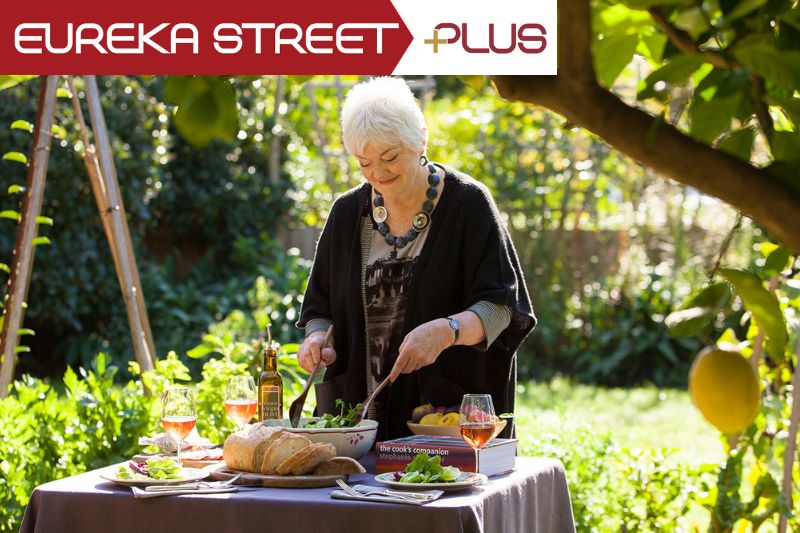
ARTS AND CULTURE
- Claire Heaney
- 02 August 2024
When Stephanie Alexander released the immensely popular The Cook’s Companion in 1996, she became a literal household name. The reason for her success lies perhaps in the knowledge that the true essence of cooking lies not in perfection, but in the act of coming together.
READ MORE 
-

AUSTRALIA
- Michele Frankeni
- 30 July 2024
From the colorful cast of characters to the unexpected moments of human connection with local multicultural, multi-ethnic communities, the humble bus ride offers a surprising window into the soul of a city and can be a source of joy if you let it.
READ MORE 
-

INTERNATIONAL
- Peter Craven
- 25 July 2024
It’s easy, isn’t it – much too easy – to invoke the standard response that only in the so-called Land of the Free could these things transpire. A vulgar, mendacious man who has refused to believe that he lost the last election is now the improbable victim of an assassination attempt. And the incumbent president, who has not done badly at his impossible job, surrenders his chance at re-election.
READ MORE 
-

ARTS AND CULTURE
- Michael McGirr
- 19 July 2024
1 Comment
Published ten years after his death, Gabriel García Márquez's final novella Until August emerges as a testament to the enduring power of an author's voice. This unexpected gift from the master of magical realism raises provocative questions about authenticity, how we view dementia, and what exactly defines an act of creation.
READ MORE 
-
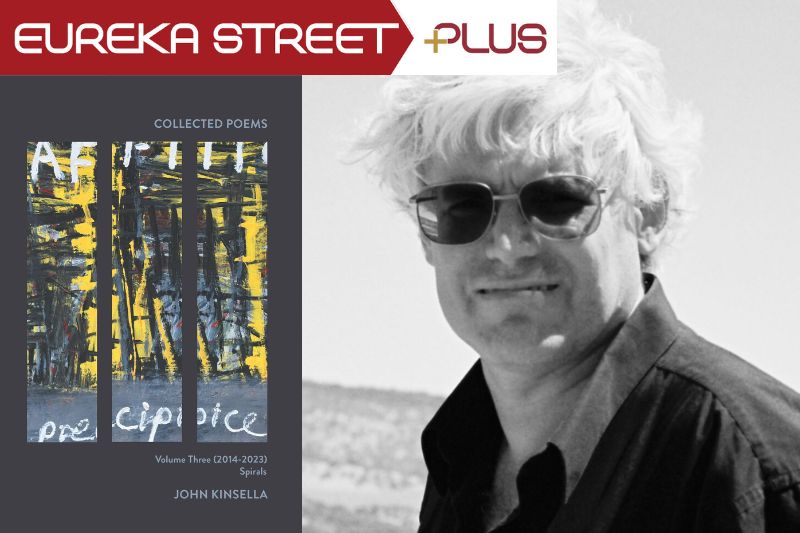
ARTS AND CULTURE
- Andrew Hamilton
- 19 July 2024
The spiral metaphor ties together 800+ pages of lyrical meditations, environmental rage, and historical reflections from Australia’s most celebrated and prolific poets. With powerful social critiques that blur poetry's lines, Kinsella's work rewards close reading with its deep exploration of our connection to a changing world.
READ MORE 
-
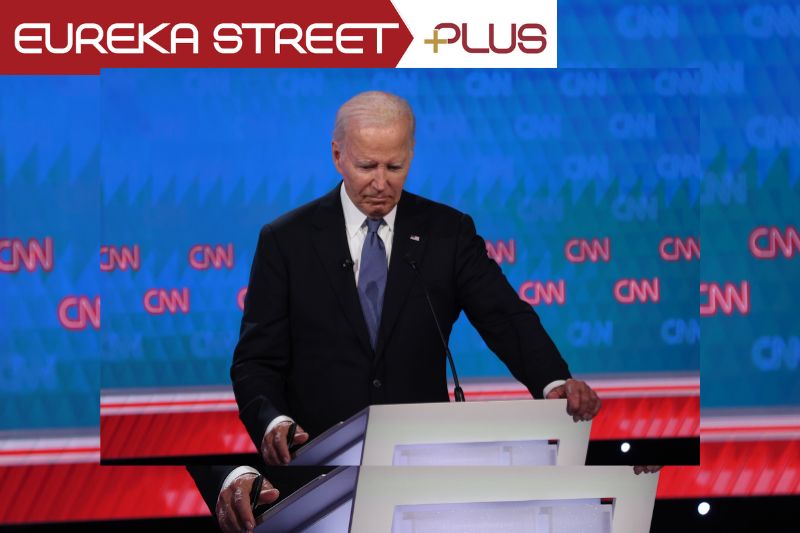
INTERNATIONAL
- David Halliday
- 15 July 2024
Why do we often find ourselves locked into courses of action that seem destined for failure? Despite calls for Biden to step aside following a shaky debate performance, the President stands firm in his re-election bid. Is it time we valued the courage to change course as much as we value the courage of one’s convictions?
READ MORE 
-
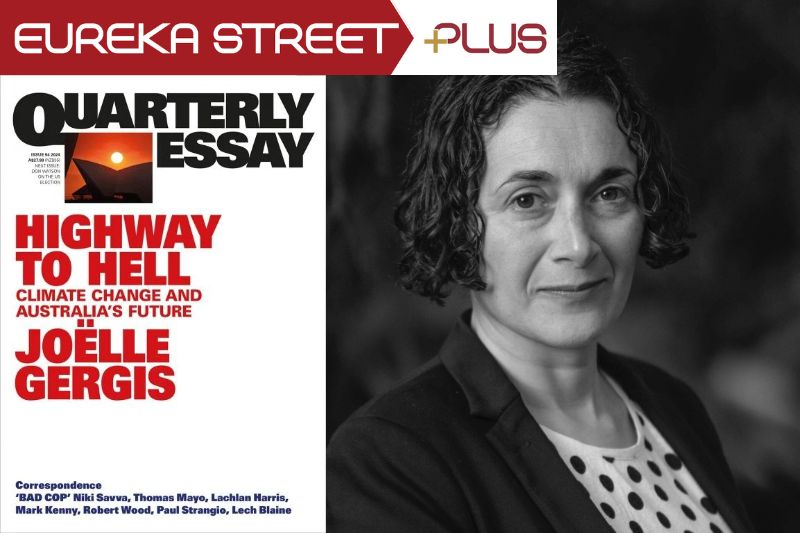
ENVIRONMENT
- Julie Perrin
- 12 July 2024
1 Comment
In her new Quarterly Essay Highway to Hell, Australian climate scientist Joëlle Gergis pleads in language beyond the careful neutrality of traditional science-speak: ‘We need you to stare into the abyss with us and not turn away.’
READ MORE 
-
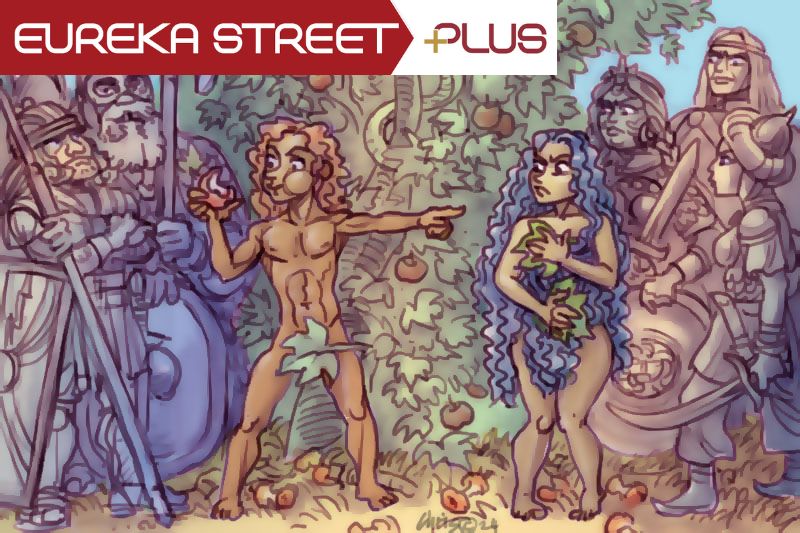
AUSTRALIA
- Juliette Hughes
- 12 July 2024
4 Comments
Are women truly the villains that modern crime dramas portray them to be? Despite the sensationalised 'evil woman' trope, real-life statistics tell a different story. It’s a cruel irony that the way to really victimise a woman is to tell her that she is the perp when she really is overwhelmingly more likely to be the victim of violent crime.
READ MORE 
-

AUSTRALIA
- Kerry Murphy
- 05 July 2024
There is no doubt that laws for determining refugee status and onshore protection are complex. The cases of NZYQ and ASF17 demonstrate that when laws regarding asylum and protection intersect with laws regarding character and protection of the community, the results can be extremely messy.
READ MORE 